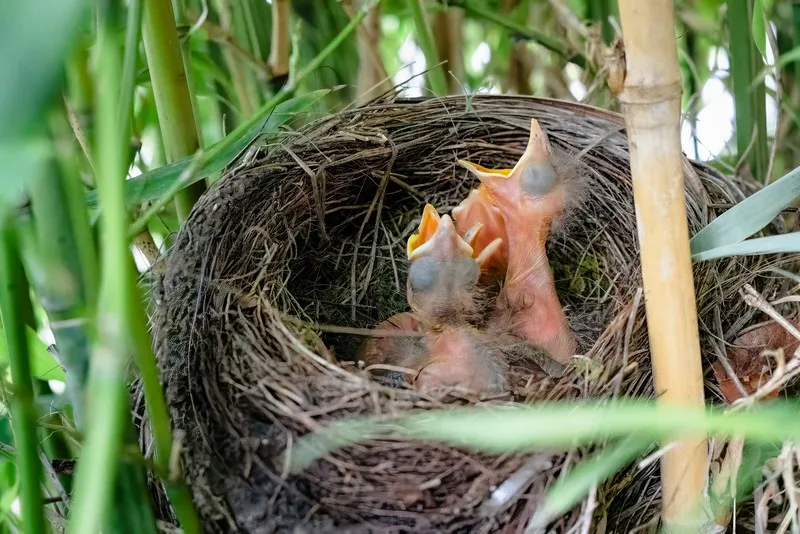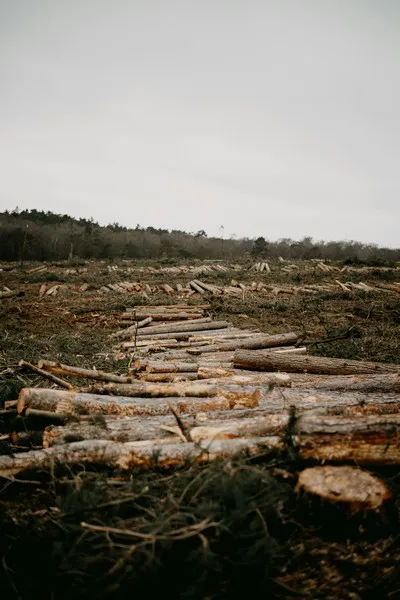Ecological succession is a fundamental concept in ecology, describing the process by which the structure of a biological community evolves over time. Although primarily studied within the ecological sciences, the concept of ecological succession holds significant sociological relevance, especially when paralleled with changes in human societies and social structures. This essay will explore ecological succession in depth, drawing parallels to sociological phenomena, and examining the implications of this ecological process for understanding social change and community development.
Definition of Ecological Succession
Ecological succession refers to the gradual and natural process by which ecosystems change and develop over time. There are two main types of succession: primary and secondary. Primary succession occurs in lifeless areas—regions in which the soil is incapable of sustaining life as a result of factors like lava flows or glaciers. Secondary succession, on the other hand, occurs in areas where a biological community has been disrupted or removed but where soil and organisms still persist, such as in fields left fallow or forests after a fire.
Stages of Ecological Succession
Ecological succession typically follows a predictable sequence:
- Pioneer Stage: Characterized by hardy species that are the first to colonize previously disrupted or newly formed ecosystems. These species are usually well adapted to harsh conditions and can create more favorable conditions for less hardy species.
- Establishment Stage: As the environment becomes more hospitable, new and more varied species begin to appear. The increased diversity includes both flora and fauna, which contribute to the complexity of the ecosystem.
- Competition Stage: The increase in population density leads to competition for resources. Some species will dominate at the expense of others, leading to a shift in community structure.
- Stabilization Stage: Also known as the climax community, this stage is reached when a stable and mature ecosystem is formed. The species composition remains relatively unchanged until disrupted by an event, restarting succession.




